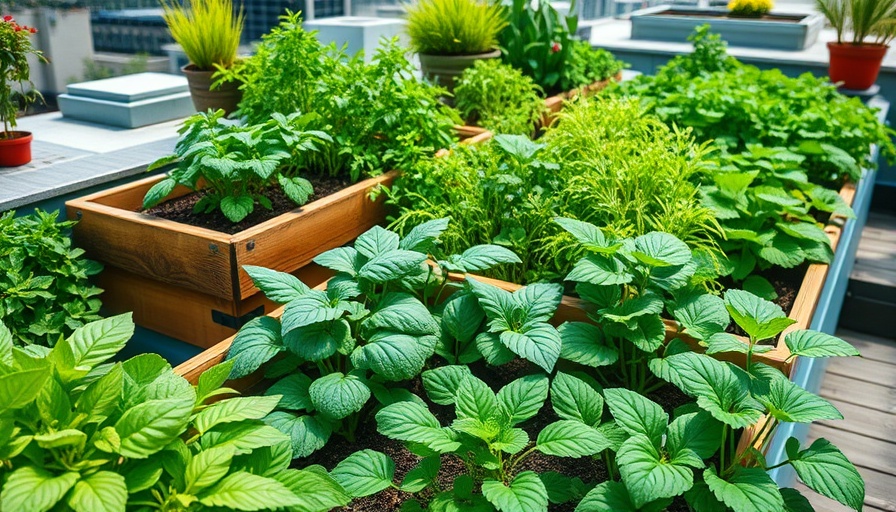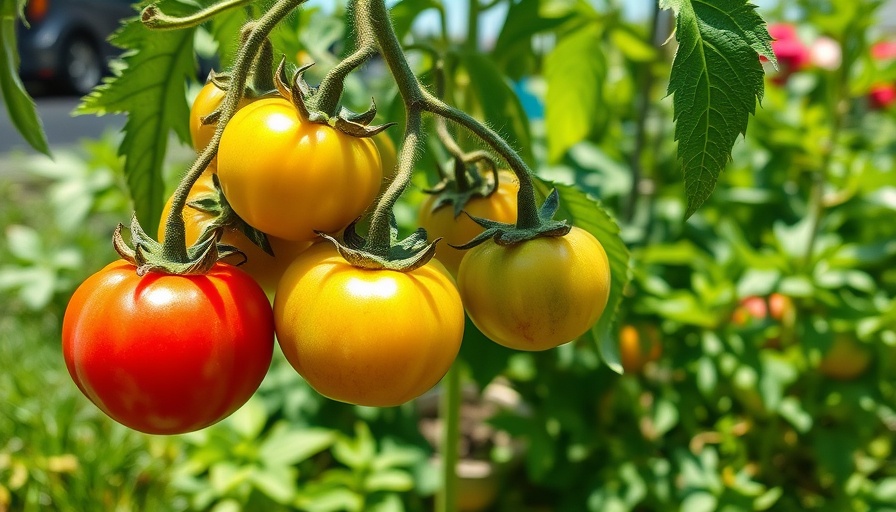
Late Summer Garden Care: Essential Tips for Long Island Homeowners
As the sun starts to fade on summer, it's essential for homeowners on Long Island to give their gardens a little extra love and attention. The late summer months bring unique challenges, but with the right strategies, you can keep your garden thriving well into fall.
Water Wisely to Keep Plants Hydrated
The heat during late summer can be overwhelming for your plants, and while they need moisture, right timing is crucial. Water deeply in the early morning to reduce evaporation and prevent fungal diseases. Checking the soil moisture at 2-3 inches down can prevent overwatering, which can harm roots.
Pest Management and Disease Prevention
Late summer is notorious for pests like hornworms and aphids. Be vigilant and remove any problematic bugs by hand or use insecticidal soap as necessary. Monitoring plants for powdery mildew is also key, especially on vegetables like cucumbers and zucchinis. Use neem oil to combat this, and be sure to remove any diseased leaves immediately.
Feed Selectively for Optimal Growth
During this time, plants are either winding down or getting ready for a late-season push. Annuals and vegetable plants can benefit from a light dose of liquid fertilizer, but be cautious and avoid fertilizing perennials, as this can lead to vulnerable new growth that may fall prey to frost.
Mulching: A Must for Moisture Retention
Applying a fresh layer of mulch, ideally 2-3 inches thick, not only retains soil moisture but also acts as a barrier against weeds that are eager to go to seed. Regular weeding is crucial during this time to avoid competition for nutrients.
Prepare for Autumn and Support Wildlife
As you transition your garden, think about planting late-summer nectar sources like bee balm and goldenrod, which can help support pollinators well into the cooler months. Simple acts like placing shallow dishes of water can also support local wildlife like butterflies and bees.
Your Garden’s Future: The Benefits of Late Summer Care
Putting in the effort now means your garden will not only survive but thrive as fall approaches. Keeping your plants healthy supports local ecosystems, while also providing you with beautiful blooms and bountiful harvests.
Don't forget: each season in the garden offers new opportunities and challenges. By embracing late summer practices, homeowners can set themselves up for a flourishing fall garden. So, roll up your sleeves and get your garden ready to shine!
 Add Row
Add Row  Add
Add 




Write A Comment